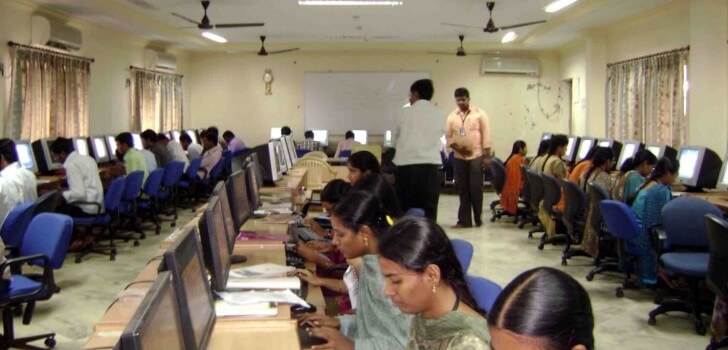Facebook CEO Mark Zuckerberg is still on paternity leave, but he has some pretty strong opinions about India’s attempts to quash Facebook’s project to provide free, but limited, Internet to the developing country. The initiative is Internet.org, and the criticism of the program is baffling Zuckerberg.
Last week, the Times of India reported that the country’s telecommunications regulatory agency has requested Facebook’s partner in the project, wireless carrier Reliance, to cease the service of Internet.org as it figures out whether operators should be allowed to price their services based on content.
Zuckerberg is annoyed that India is debating net neutrality (providing everyone with equal access to the Internet) when the country is struggling to simply connect its citizens to any form of the Internet.
In defending Internet.org, Zuckerberg points out that India (where about one billion people do not have Internet access) is essentially crazy for questioning the benefits of Facebook’s charity-like initiative. In an open letter, he asks, “Who could possibly be against this? Surprisingly, over the last year there’s been a big debate about this in India.”
Yet, net neutrality is an important issue and Zuckerberg is basically saying that the theory does not apply to India because access to some service is better than no service.
On the flip side, net neutrality activists argue that Internet.org provides a “walled garden” service because the websites that are free to access are determined by Facebook and its partners, making them gatekeepers to the poor people’s Internet.
While Zuckerberg acknowledges that Internet.org does not provide people with access to the entire Internet, he argues that it is a first step.
But, Zuckerberg’s arguments don’t fully address the net neutrality issues. For those who cannot afford to upgrade the service, Internet.org does in fact provide a walled garden experience of online content. Millions of people already believe that Facebook is synonymous with the Internet.
Zuckerberg also does not deal with the argument that Internet.org is essentially “poor internet for poor people.” In an open letter, net-neutrality advocacy group Savetheinternet.in quotes Tim Berners-Lee: “Economic discrimination is just as harmful as technical discrimination, so [internet service providers] will still be able to pick winners and losers online.”
Zuckerberg has repeatedly pointed to research that shows Internet access can help people rise out of poverty. Yet, Internet.org provides slow, limited and subpar access. These limitations make it more difficult for people to improve their economic position. Naveen Patnaik, chief minister of the Indian state Odisha, opines that, “If you dictate what the poor should get, you take away their rights to choose what they think is best for them.”
Stay Connected